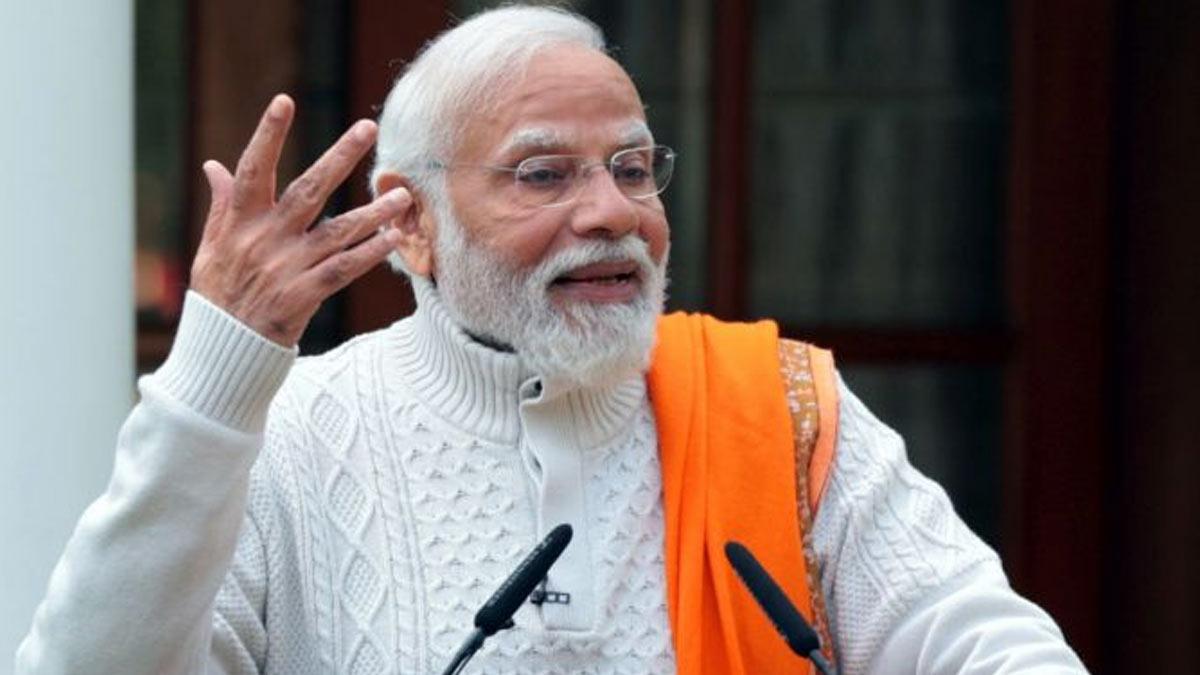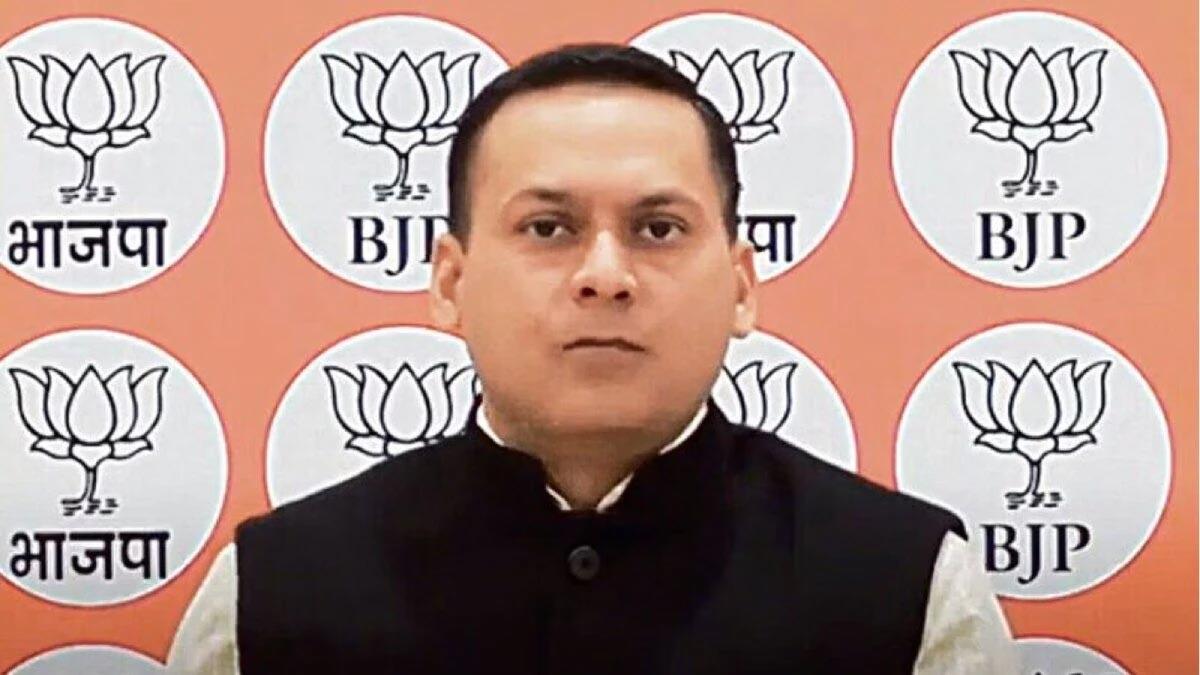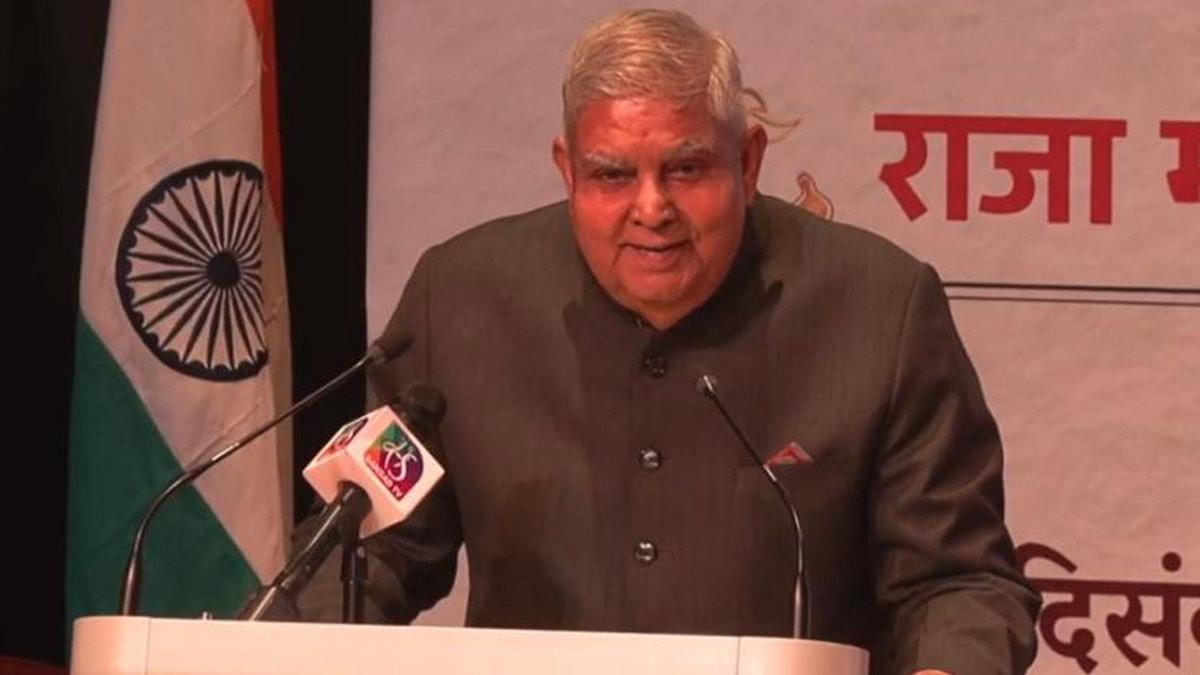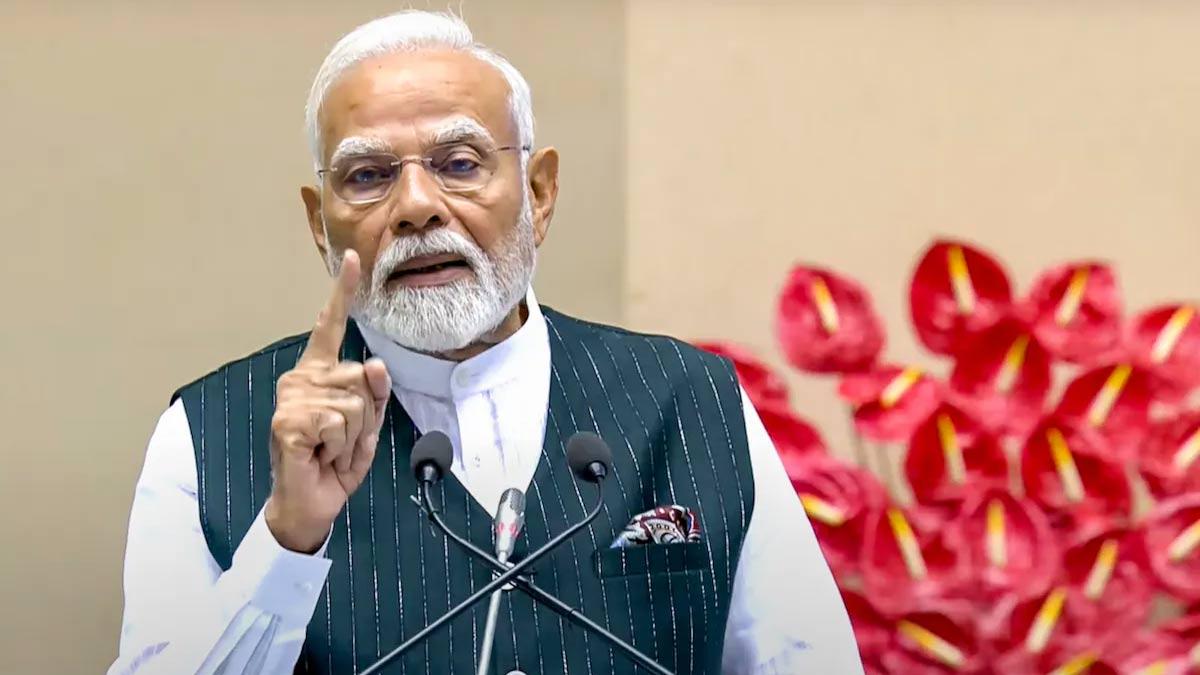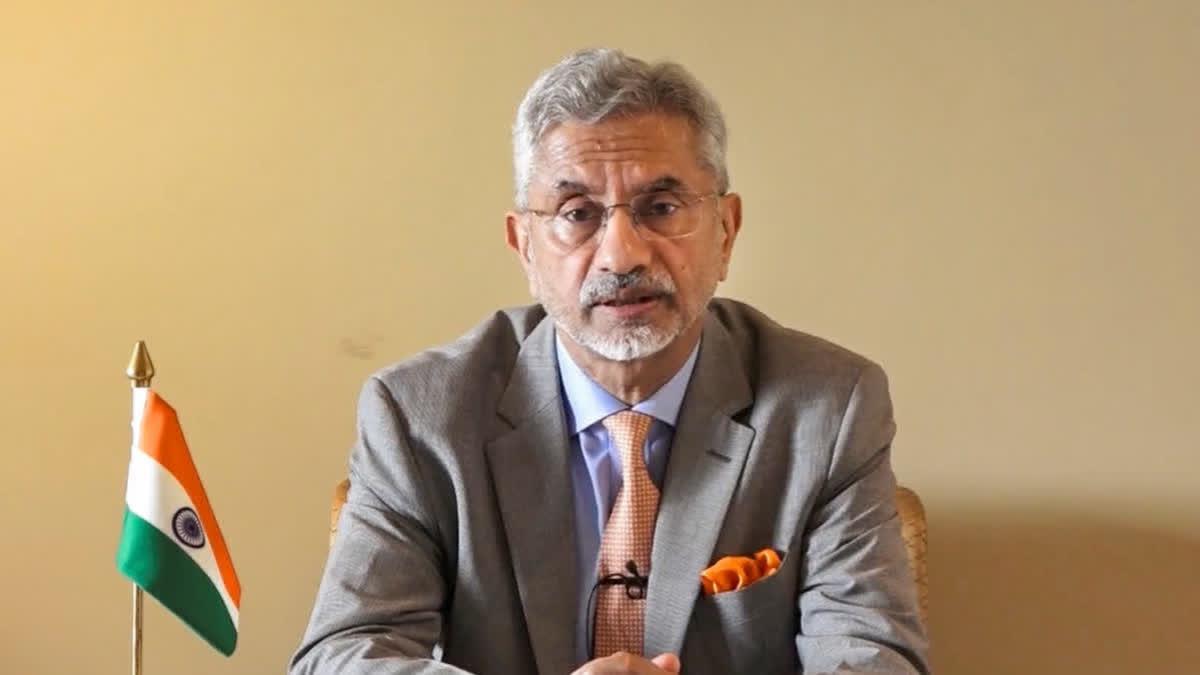The Union Cabinet on Thursday approved the 'One Nation, One Election' Bill, which aims to reform electoral processes. The Bill is likely to be tabled in this Winter Session of Parliament.
According to the Centre, this legislation will not only streamline the electoral process but also bring greater efficiency and reduce the financial and administrative burden associated with conducting multiple elections at different times.
The Centre has asserted that the idea of 'One Nation, One Election' intends to align the Lok Sabha and state Legislative Assemblies so that voters can vote in a single election for both polls simultaneously.
In doing so, it looks to address several challenges that the current system of staggered elections throws up-a large part of which can often result in protracted periods of electioneering, disruption in governance, and increased expenditure.
Earlier this month, the Union Cabinet had given its nod to the proposed 'One Nation, One Election' Bill.
Congress leader Tariq Anwar, while talking to IANS, said, "This is a controversial issue. Ours is a federal structure in which it is not possible to implement 'One Nation, One Election'. The Opposition has not been taken into confidence on the issue. All stakeholders must be taken into confidence before taking such a big decision.
Earlier, Prime Minister Narendra Modi had hailed the proposal stating that the Cabinet has accepted the recommendations of the High-Level Committee on Simultaneous Elections.
The High-Level Committee on Simultaneous Elections headed by former President Ram Nath Kovind had recommended holding concurrent elections for the Lok Sabha and state Assemblies followed by synchronised local body polls within 100 days.
On the other hand, critics say implementing synchronized elections would pose a logistical and constitutional challenge.
They point out that it will become complicated to dissolve Assemblies in mid-term or to deal with the case when the government of a state falls without serving out its term.
Supporters of the Bill counter by saying that it will herald an era of stability and continuity in policy making, as governments will no longer have to operate in an endless mode of election.
Read also| Sharad Pawar Celebrates 84th Birthday with Ajit Pawar Joining the Festivities
Read also| JPC Chairman Backs Assam Govt's 'No NRC, No Aadhaar' Policy

